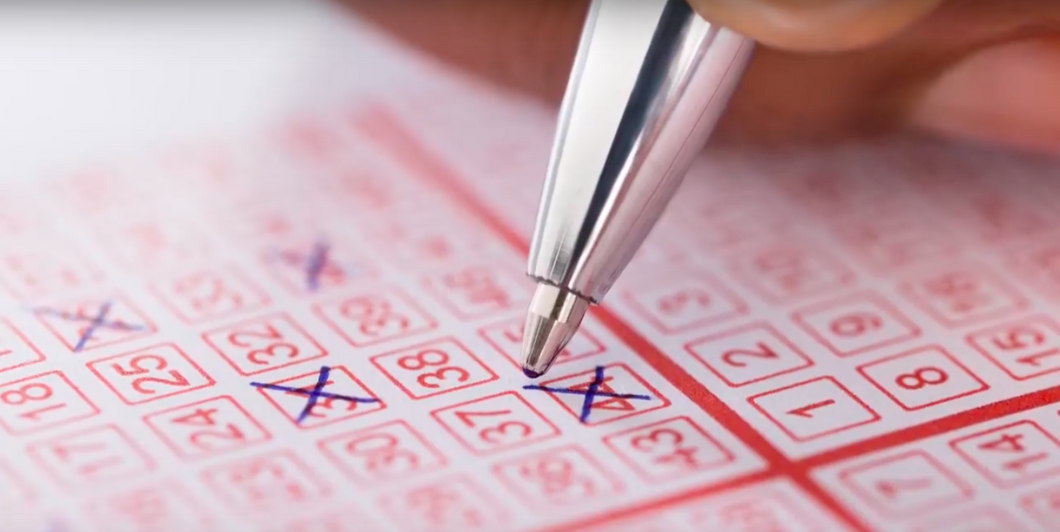Alabama ranks 45th in National Education standards and spends about $9,000 per student each year. The National average is over $11,000 per student each year.
Alabama is one of six states that do not have a lottery; the other five being Alaska, Hawaii, Nevada, Utah, and Mississippi. For Utah, Nevada, and Mississippi, over a third of taxes from their casinos goes to their State Education Fund. Alaska and Hawaii's large influx of tourists provides ample funding for education.
The 44 states which had a lottery last year made $19 billion in profits and an additional $8 billion in taxes from commercial and racetrack casinos. For every other state, a lottery is to education funding as grapes are to wine, which brings me to my first point; all of the taxes received from Alabama's 4 casinos goes to the State General Fund, which took $80 million from the State Education Fund two years ago due to budget imbalances. Liquor taxes also go to the State General Fund. Keep in mind that a $10 bottle of liquor costs around $21 in Alabama.
Secondly, many people oppose the lottery in fear of others going broke from playing irresponsibly. However, we are surrounded by both electronic gambling states and lottery states. The people who want to play the lottery, irresponsibly or not, are already playing. The only difference is that their money is benefiting another state. Unless lawmakers want to outlaw traveling to buy lottery tickets, which would probably be seen by many as a step too far, nothing is stopping anyone from losing money over gambling now and nothing ever will stop that.
One aspect of Georgia's lottery that would greatly benefit Alabama is their HOPE scholarship. The HOPE scholarship is funded entirely by the lottery, and it keeps students in the state by only offering scholarships to those with a minimum 3.0 GPA who plan to stay in state for further education, which helps Georgia's overall economy.
Dr. Joe Godfrey of the AL Citizen's Action Program, Birmingham's largest ministry group, claims a lottery creates a bad economic policy of targeting poor neighborhoods. Cigarette and alcohol companies do the same thing and the state has done nothing to stop them. If companies are going to exploit people, it is not fair for the government to shut down some of these companies but not others.
Religious views may also play a large role in whether one believes the lottery is right or wrong, but I believe God sees with an equal eye the fall of a hero and a sparrow. If all sins are equal, what's the difference in playing the lottery and buying a raffle ticket from a local high school? During Robert Bentley's time as Governor many church signs may have read phrases such as "Say No to the Lottery" or verses such as Mark 4:19 which reads "but the cares of the world and the deceitfulness of riches and the desires for other things enter in and choke the word, and proves it unfruitful."
However, it really doesn't matter what the church signs say or what the congregation thinks about the issue of a lottery, because the people of Alabama were denied the right to vote on the issue during Bentley's time in office, just as Governor Kay Ivey did again in 2018.
While Alabama leaders may argue that a lottery wouldn't pass because of our state's conservative religious views, and because it has been voted down by the people before, we have to take into consideration that that decision was last made 3 administrations and almost 20 years ago. 20 years ago, we weren't ranked 45th in National Education standards and we weren't rated as the 8th worst state to live in.
So according to Alabama lawmakers, we're smart enough to decide where we want our taxes spent by electing our officials, but we're not smart enough to decide if we want to buy a lottery ticket or not. It's time for the people of Alabama to take charge of their economy. It's time for the people of Alabama to decide where they want their money- Georgia, Florida, Tennessee, or in the state.











